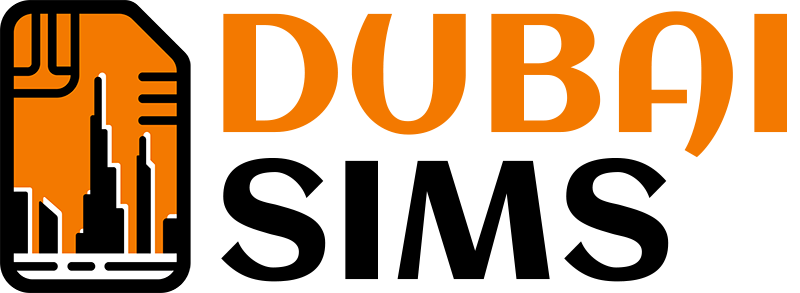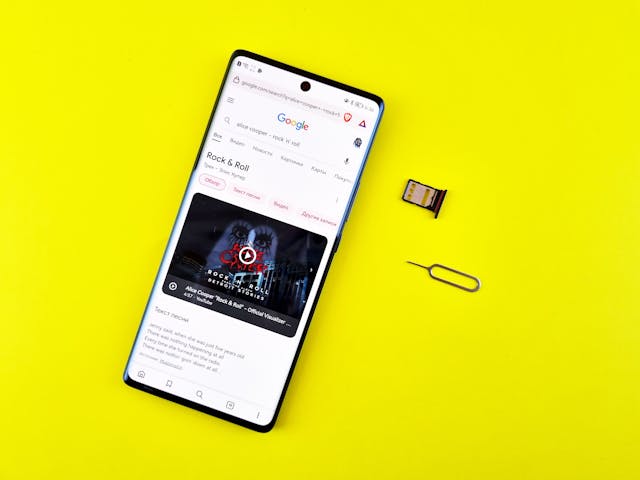A New Kind of Literacy
Reading and writing haven’t gone anywhere but the way people engage with information has flipped on its head. Schools now hand out tablets instead of textbooks. Kids grow up tapping screens before they learn to tie their shoes. But this isn’t just a shift in tools—it’s a shift in mindset. Digital literacy is no longer optional. It’s as essential as knowing how to read a map once was. Those who master it early will move through life with a different kind of confidence.
In this landscape of clicks and swipes https://z‑lib.qa continues to play an essential role in global access to knowledge. It’s not a question of having more information but knowing how to use it—critically thoughtfully and responsibly. As more communities gain access to high-speed internet and smartphones the way knowledge spreads and sticks will define which ideas survive.
Beyond Clicking and Scrolling
Digital literacy isn’t just tech-savvy know-how. It’s the ability to decode the world through screens—recognizing fake news separating fact from opinion and spotting manipulation in a headline. Many adults still struggle with this. Imagine what it means when kids grow up learning these skills from day one. They won’t just be smart consumers of information. They’ll become sharper thinkers better decision-makers and even more empathetic communicators.
Take misinformation. It spreads faster than wildfire especially when algorithms keep feeding the same ideas back. Being literate in this environment means knowing how to question what’s seen. It’s about pattern recognition intuition and common sense. It’s about teaching students to ask “why am I seeing this” instead of just “what does this mean.”
Building Blocks of Future Learning
The future workforce will rely on flexible thinkers—not just button-pushers. Digital tools change fast but critical thinking doesn’t go out of style. The foundation of strong digital literacy is built on age-old skills—reading comprehension logic and empathy. What’s new is the context. People must now filter information across dozens of apps from chat threads to video clips. It’s a maze where the rules keep changing.
And yet the roadmaps are already out there. For instance reddit has become a helpful waypoint for those seeking open educational material across borders. It’s not about downloading files. It’s about breaking down invisible walls to learning.
Here’s where digital literacy shines brightest:
- Reading Between the Lines
Understanding digital texts isn’t about word count. It’s about tone layout and context. A social media post carries different weight than a peer-reviewed journal. Being able to read each for what it is means not falling into traps set by clickbait or echo chambers. This awareness helps future readers become steady thinkers not just fast ones.
- Navigating the Noise
It’s noisy out there. Notifications banners ads—each one wants attention. Digital literacy means knowing what to tune in and what to tune out. It’s like walking through a busy street while still hearing the rhythm of your own footsteps. People who can filter the noise stay grounded in a world that’s constantly shouting.
- Creating with Clarity
Writing online means more than just typing words. It’s storytelling it’s visual it’s structured. Students who learn how to use digital spaces to express themselves—whether through blogs podcasts or videos—gain a sense of ownership over their voice. That power carries over to every part of life from job interviews to personal projects.
These aren’t just skills—they’re habits. And once formed they stick. It’s easier to shape strong practices early than to undo confusion later.
Generation Rewired
Every generation has its tools. Typewriters rotary phones VHS tapes. This one has open tabs AI prompts and social feeds. What sets the next generation apart won’t be what they use but how they use it. Mastering digital literacy isn’t about becoming tech experts. It’s about staying human in a wired world.
As the line between online and offline continues to blur the ability to think clearly adapt quickly and stay curious will be the real markers of intelligence. Not flashy degrees. Not expensive software. Just a steady hand on the keyboard and a sharp eye on the screen.







